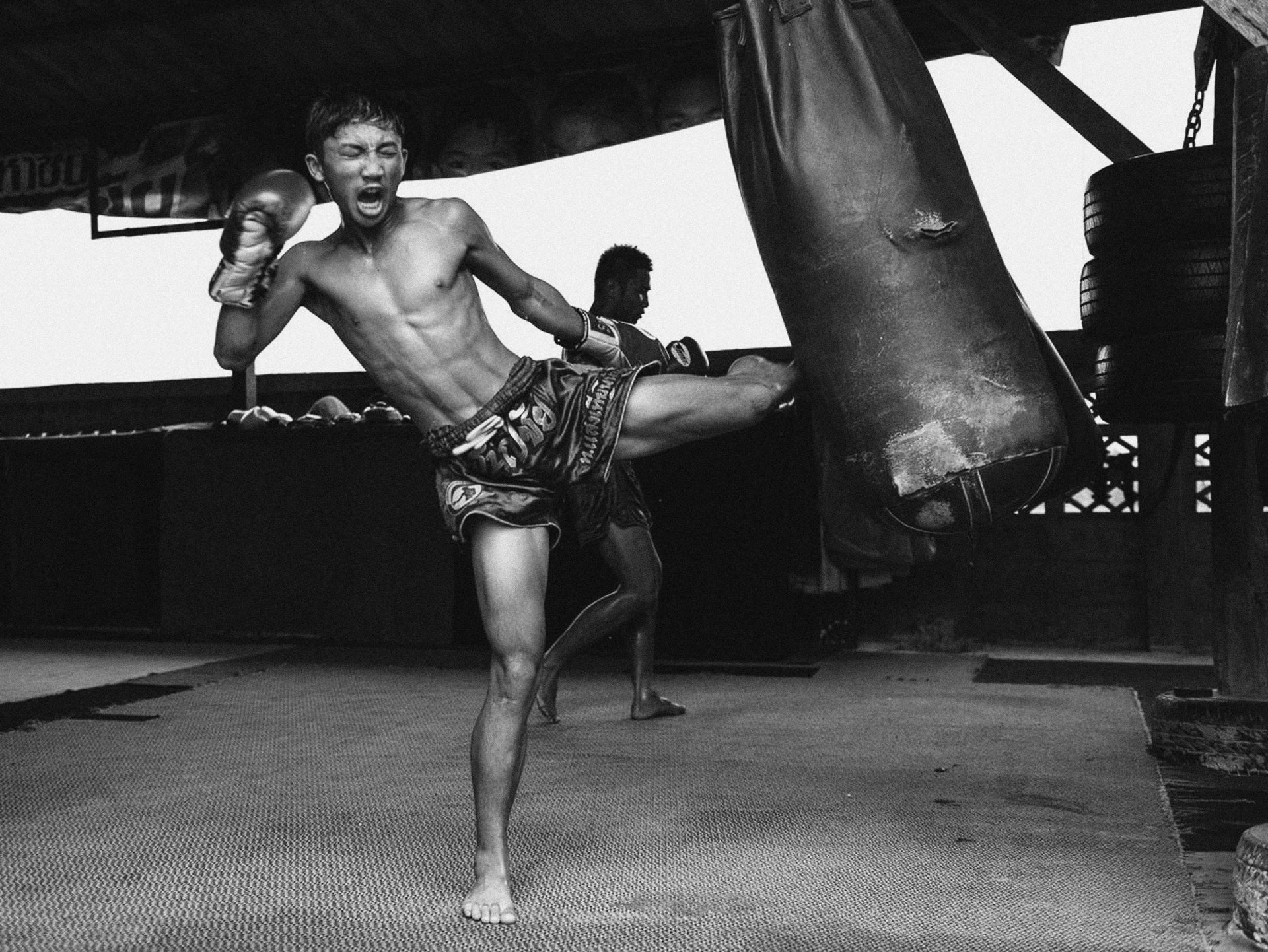Muay Thai, also known as Thai boxing, is a combat sport that requires a unique blend of strength, endurance, agility, and mental toughness. Athletes who practice Muay Thai undergo rigorous training regimens to hone their skills and prepare for intense matches in the ring. Central to their success is a carefully crafted diet that fuels their bodies, aids in recovery, and optimizes performance. In this comprehensive guide, we will delve into the intricate world of eating habits followed by Muay Thai athletes.
The Foundation: Balanced Nutrition for Optimal Performance
Muay Thai athletes rely on a diet rich in macronutrients and micronutrients to support their training and competition demands. A balanced diet that includes lean proteins, complex carbohydrates, healthy fats, and a variety of fruits and vegetables forms the cornerstone of their nutrition plan. These essential nutrients provide the energy needed for intense workouts, support muscle repair and growth, and enhance overall health.
Meal Timing and Frequency: Fueling the Body Strategically
Meal timing plays a crucial role in the daily routine of a Muay Thai athlete. Instead of three large meals, fighters often opt for five to six smaller meals throughout the day to maintain steady energy levels and support muscle recovery. This approach helps prevent energy crashes, optimizes nutrient absorption, and ensures that the body has a constant source of fuel to power through training sessions.
The Most Important Meal of the Day
Breakfast holds special significance for Muay Thai athletes as it sets the tone for the rest of the day. A typical breakfast for a fighter may include a combination of rice or other complex carbohydrates, fibrous vegetables, lean protein sources such as eggs or grilled chicken, and healthy fats like avocado or nuts. This balanced meal provides a mix of nutrients to kickstart metabolism, replenish glycogen stores, and prepare the body for physical exertion.
Mindful Eating: Enhancing Performance Through Awareness
In addition to focusing on what they eat, Muay Thai athletes practice mindful eating to optimize their performance. Mindful eating involves being present during meals, savoring each bite, and paying attention to hunger cues and satiety signals. By cultivating awareness around food choices and eating habits, fighters can better regulate their intake, improve digestion, and enhance nutrient absorption.
Hydration: The Unsung Hero of Performance
Proper hydration is paramount for Muay Thai athletes to maintain optimal performance levels. Sweating profusely during training sessions and matches can lead to significant fluid loss, which must be replenished to prevent dehydration. Fighters are encouraged to drink water regularly throughout the day and consider electrolyte-rich beverages during intense workouts to replace lost minerals.
Weight Management Strategies: Balancing Performance and Weight Class Requirements
Many Muay Thai athletes compete in specific weight classes, necessitating careful weight management strategies. During weight-cutting periods leading up to a fight, fighters may adjust their diet to include lighter options while ensuring they maintain muscle mass and energy levels. This delicate balance between performance optimization and weight control is crucial for success in competitive bouts.
Cultural Influences on Diet: Embracing Tradition in Nutrition
The regional and cultural influences on a fighter's diet can offer unique insights into traditional culinary practices. In Thailand's Isan region, for example, breakfast may consist of rice dishes, fish soup, som tam salad (papaya salad), eggs, and boiled vegetables - reflecting local preferences and ingredients. Expat fighters living in Thailand often blend their own cultural food traditions with local cuisine to create personalized meal plans that cater to their nutritional needs.
Performance Optimization: The Science Behind Success
For Muay Thai athletes, nutrition is not just about sustenance; it's about performance optimization. A well-rounded diet comprising whole foods rich in nutrients, adequate hydration practices, sufficient rest and recovery periods, and tailored supplementation can significantly impact an athlete's ability to perform at their best. By prioritizing quality nutrition tailored to their individual needs, fighters can enhance their strength, endurance, mental focus, and overall athletic performance.
Fueling Success Inside and Outside the Ring
In conclusion, the eating habits of Muay Thai athletes are a critical component of their training regimen that directly impacts their performance in the ring. By embracing balanced nutrition principles, strategic meal timing strategies, mindful eating practices, hydration protocols, weight management techniques, cultural influences on diet choices, and performance optimization strategies - these elite fighters set themselves up for success both inside and outside the ring. Their dedication to fueling their bodies with precision and purpose serves as an inspiration for all aspiring athletes seeking to reach the pinnacle of physical excellence in combat sports like Muay Thai.
This comprehensive guide sheds light on the intricate relationship between nutrition and athletic performance among Muay Thai athletes - highlighting the importance of fueling the body with quality nutrients to achieve peak physical condition and excel in one of the most demanding combat sports in the world.






